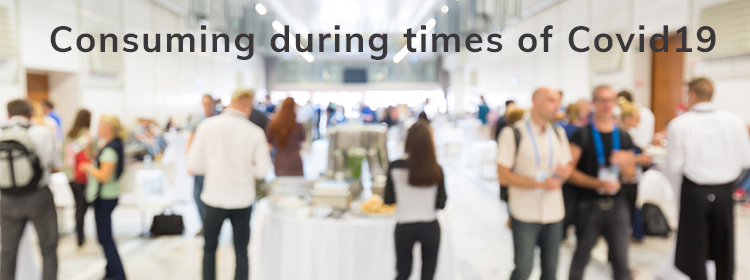
The pandemic has heightened our awareness about how we live, work, engage and consume.
But has it made us more ethical consumers?
Before we answer that question let’s first define what an ethical consumer is:
Ethical consumerism is a form of political activism based on the premise that purchasers in markets consume not only goods but also, .....


New Article Email Notification